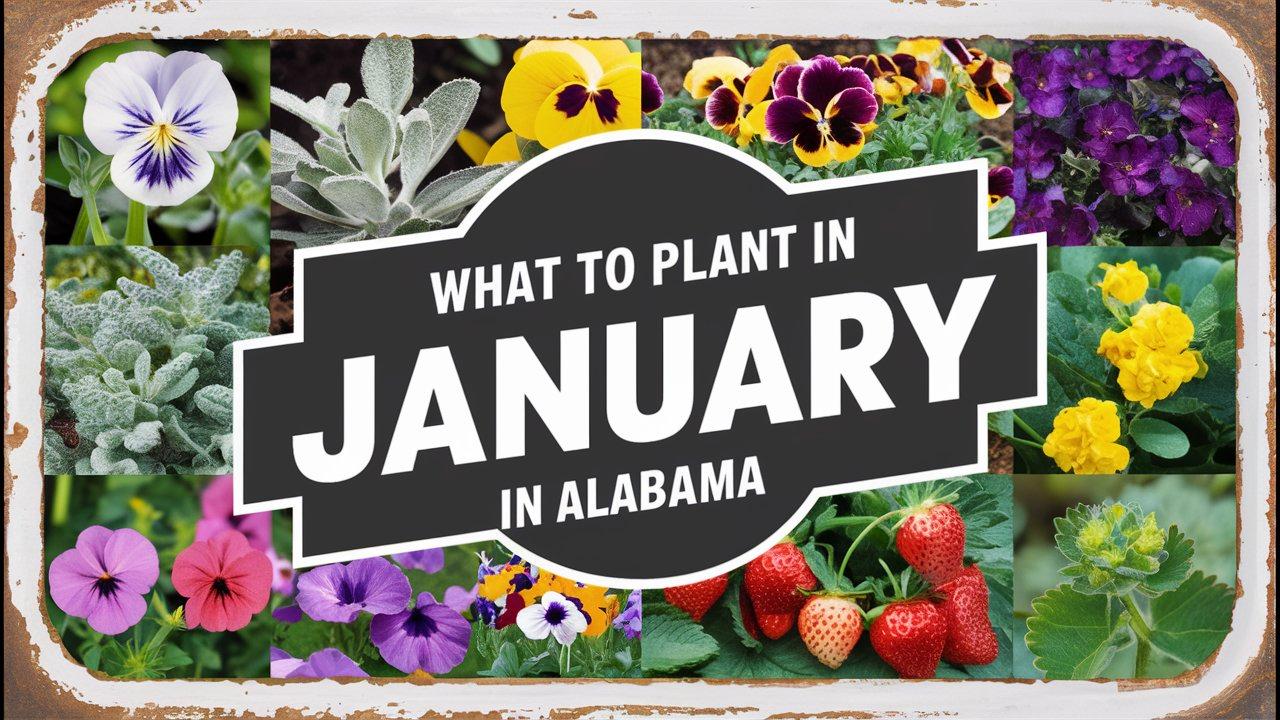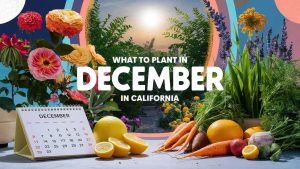As the cold winds of January sweep through Alabama, many gardeners might think that it’s time to retreat indoors, but this month can be a period of vibrant growth depending on what you choose to plant. Alabama’s diverse climate allows for a variety of plants to be sown in January, especially in the warmer USDA hardiness zones (7a to 8b).
Whether you’re looking to cultivate vegetables, flowers, herbs, or landscape plants, there are plenty of options that thrive during this chilly month. Below we will explore the best plants to consider, tailored to the specific regions of Alabama.
Vegetables To Plant In January
January is an excellent time to start certain cold-tolerant vegetables in Alabama, especially in the southern regions where temperatures are milder. Here are ten vegetables that can be planted during this month:
Broccoli
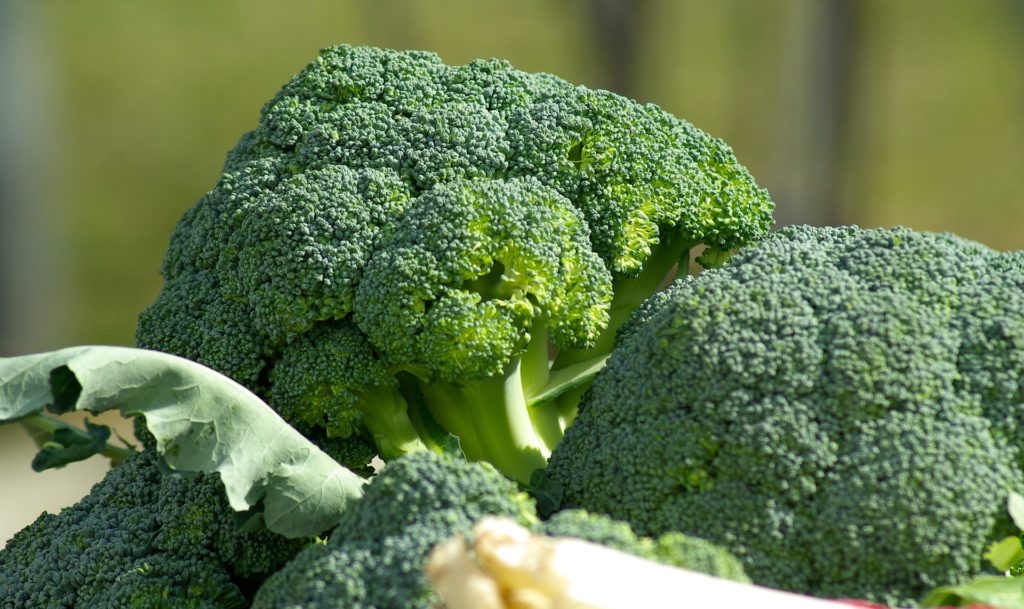
Temperature Tolerance: Broccoli is hardy and can tolerate frost, thriving best in temperatures between 60°F to 70°F.
Planting Dates: In southern Alabama, seeds can be sown directly in January, while in northern regions, starting seeds indoors for transplanting in late winter is recommended.
Cauliflower
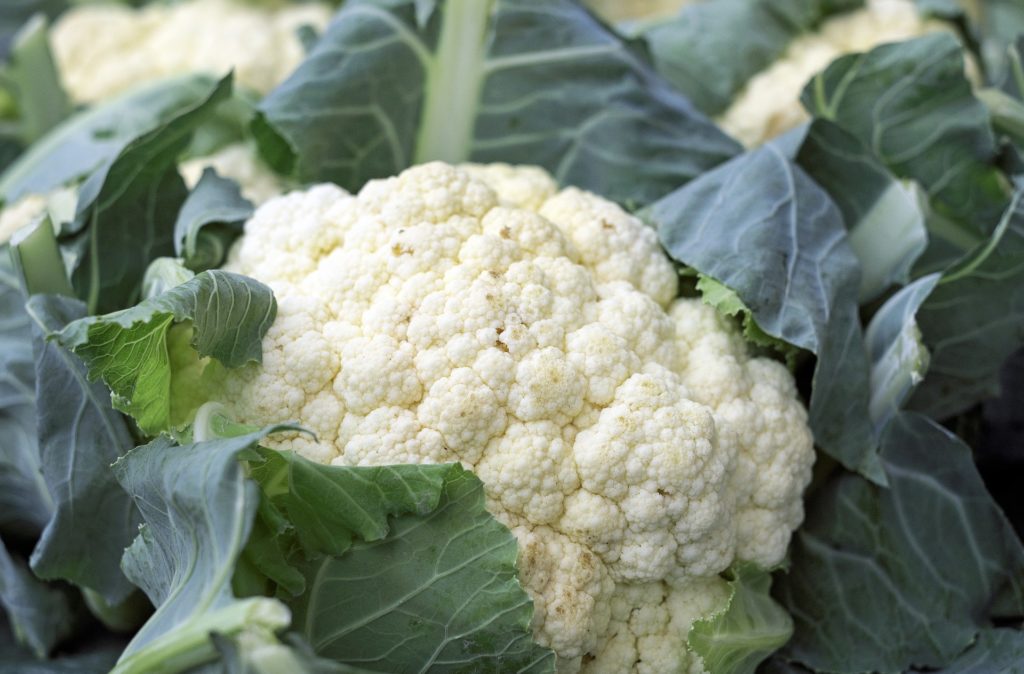
Temperature Tolerance: Cauliflower prefers cooler climates and is tolerant of light frost.
Planting Dates: Similar to broccoli, cauliflower can be directly sown in southern Alabama. In the northern part of the state, start seeds indoors or in a greenhouse.
Kale
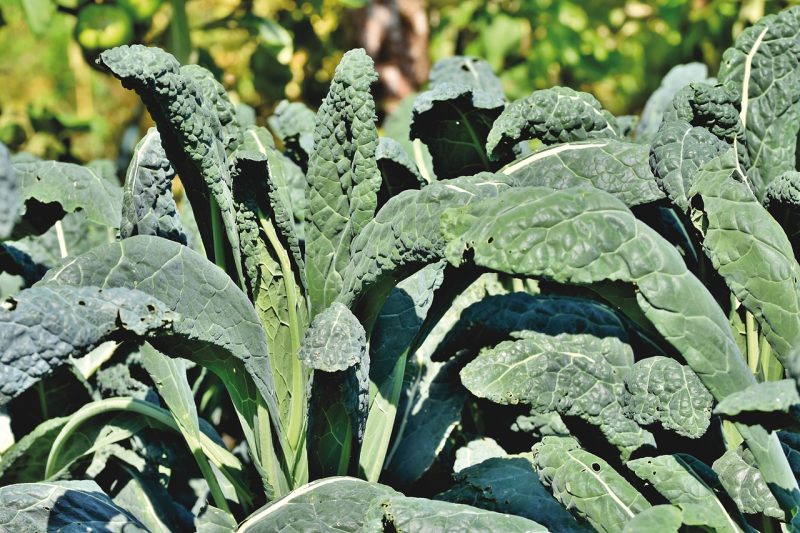
Temperature Tolerance: Kale is exceptionally hardy and thrives in temperatures as low as 20°F.
Planting Dates: January is suitable for direct sowing in all parts of Alabama, where it will germinate in cool soil and may even improve its flavor with frost exposure.
Spinach
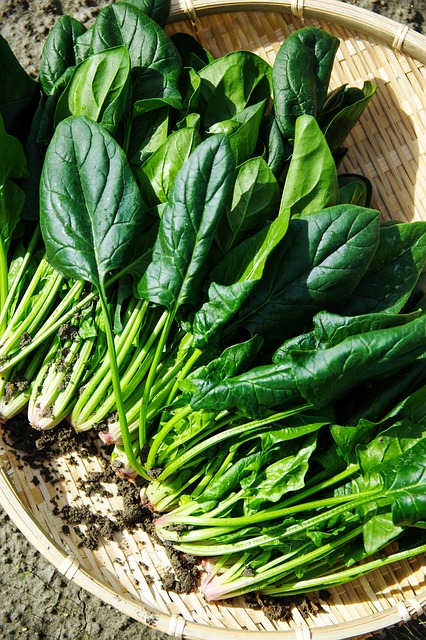
Temperature Tolerance: Spinach grows best in cooler temperatures, around 50°F to 60°F, and can withstand light frosts.
Planting Dates: Direct sow seeds in southern regions in January; for northern Alabama, consider starting them indoors for transplanting.
Peas
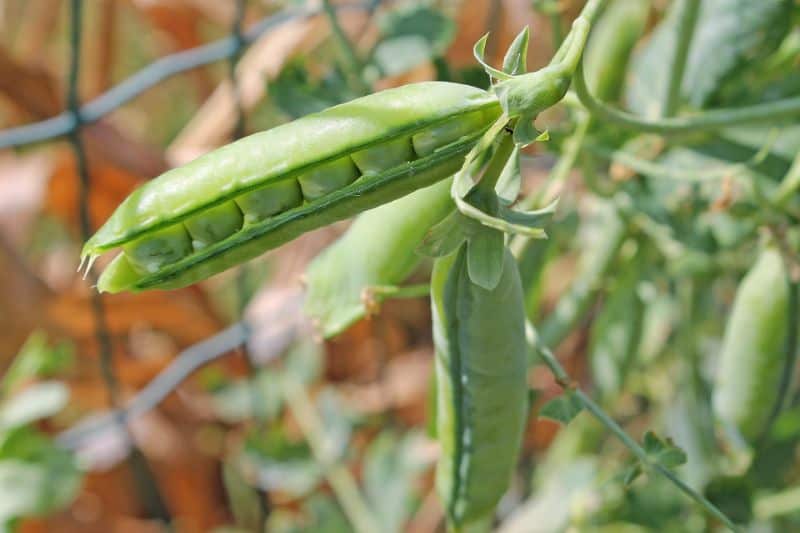
Temperature Tolerance: Peas can handle light frosts and prefer cool weather, making them perfect for January planting.
Planting Dates: Sow peas directly in the soil in southern Alabama while in the northern tier, wait until later in the month when the soil begins to warm up.
Turnips
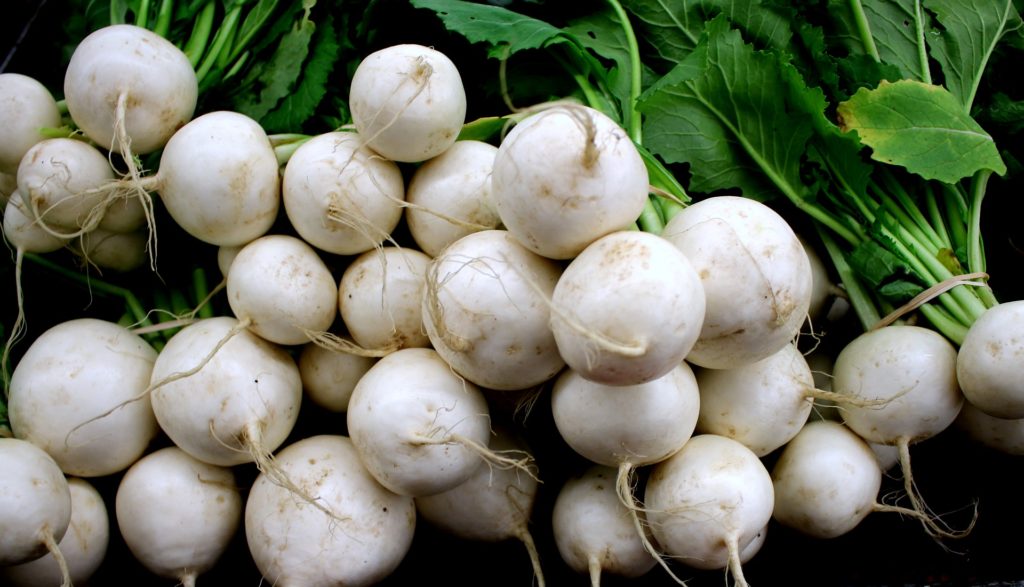
Temperature Tolerance: Turnips are cold hardy and can survive temperatures down to 15°F.
Planting Dates: These can be direct seeded in all regions of Alabama in January, especially southern areas where conditions are more favorable.
Radishes
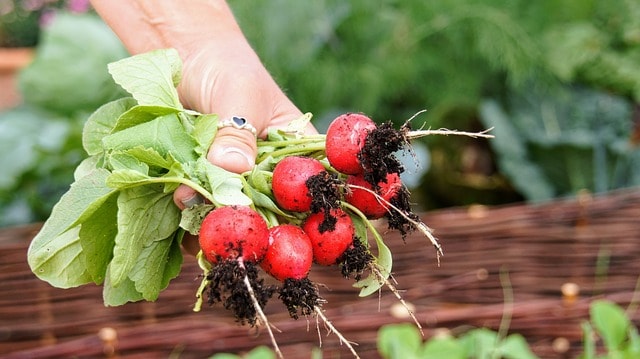
Temperature Tolerance: Radishes thrive in cooler temperatures, tolerating even light frosts.
Planting Dates: You can sow radish seeds directly in the ground in southern Alabama, while in northern regions, wait until late January as the soil begins to warm.
Carrots
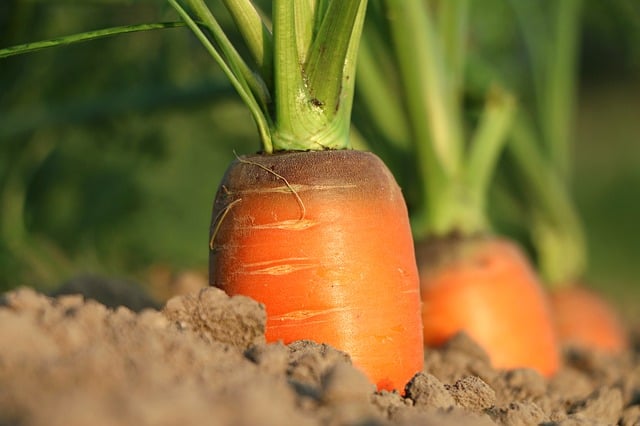
Temperature Tolerance: Carrots can tolerate frost and are best harvested in cooler temperatures.
Planting Dates: Direct sow seeds in southern Alabama. In northern areas, sow later in the month or early February.
Mustard Greens
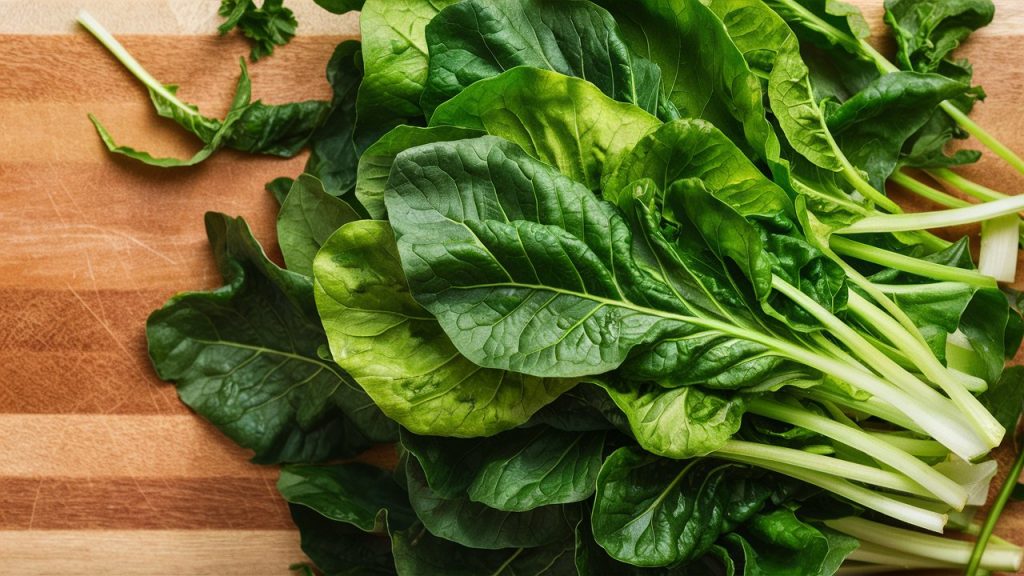
Temperature Tolerance: Mustard greens can endure cold, thriving in temperatures down to 20°F.
Planting Dates: Directly sow these in January in all parts of Alabama to enjoy their peppery flavor.
Garlic
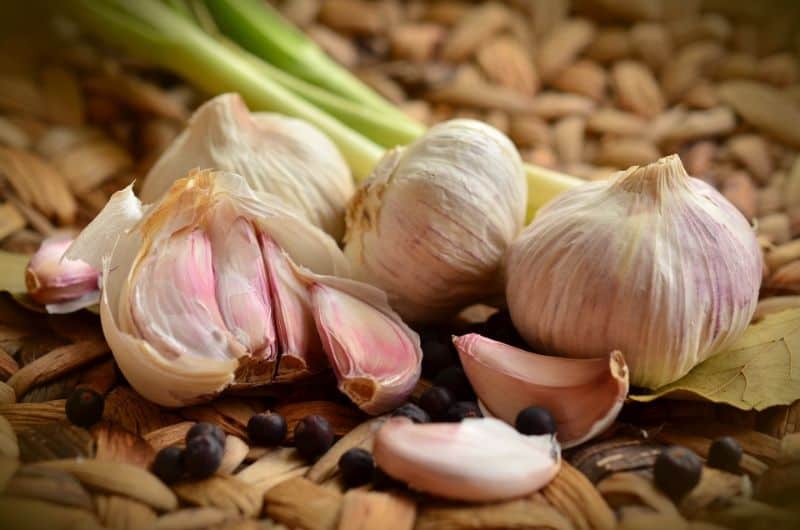
Temperature Tolerance: Garlic is quite hardy and can withstand frost and snow.
Planting Dates: Whether in southern or northern Alabama, January is an excellent time for planting garlic cloves, as they will establish roots through the winter.
Flowers To Plant In January
While January may feel like a barren month in the garden, there are several flowers that can masterfully brighten up your landscape or garden bed. Here are ten flowers worthy of consideration for planting in January:
Pansies
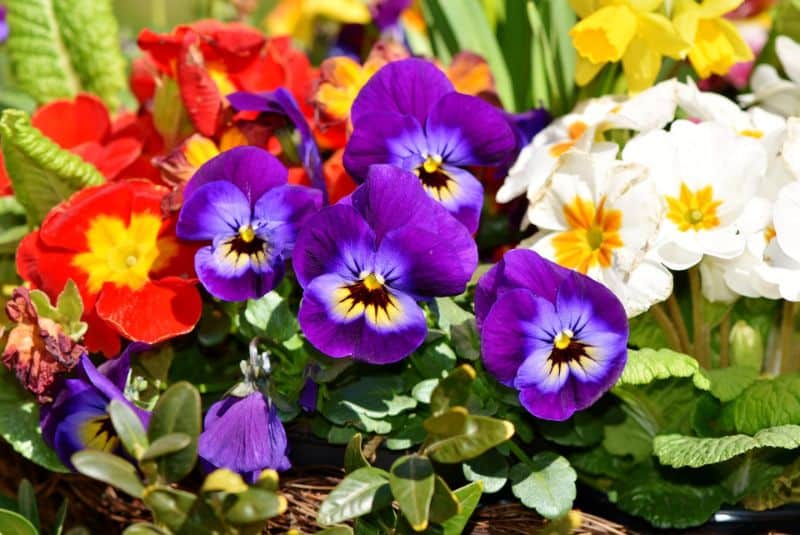
Temperature Tolerance: Pansies thrive in cool weather and can withstand light frosts.
Planting Dates: January is the ideal month to plant pansies throughout Alabama, as they will bloom beautifully when temperatures begin to rise.
Snapdragons
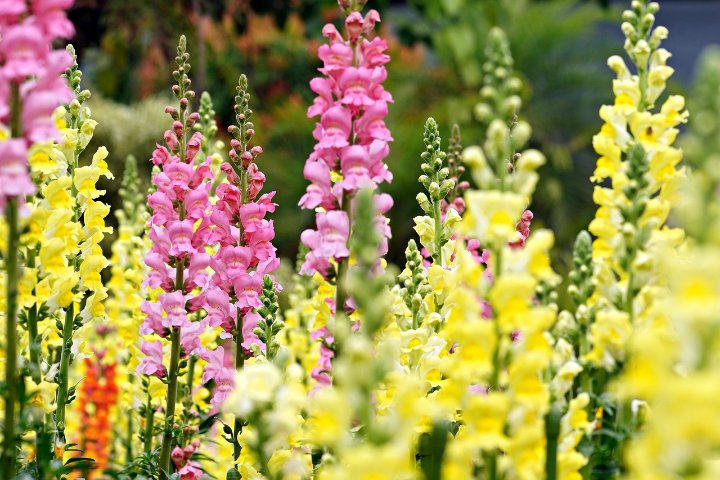
Temperature Tolerance: Snapdragons can handle light frosts and enjoy cooler temperatures for optimum growth.
Planting Dates: Plant in January for southern regions; in northern Alabama, starting seeds indoors is a better approach.
Delphiniums
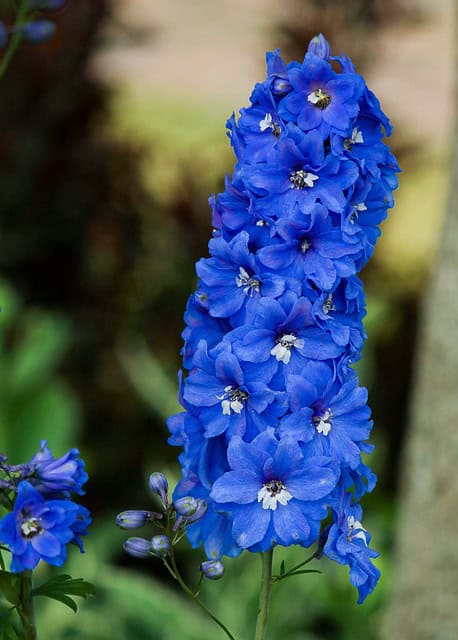
Temperature Tolerance: Delphiniums prefer cooler temperatures but will need mulch to survive in colder northern regions.
Planting Dates: Starting delphinium seeds indoors is recommended in January, followed by transplanting in early spring.
Sweet William
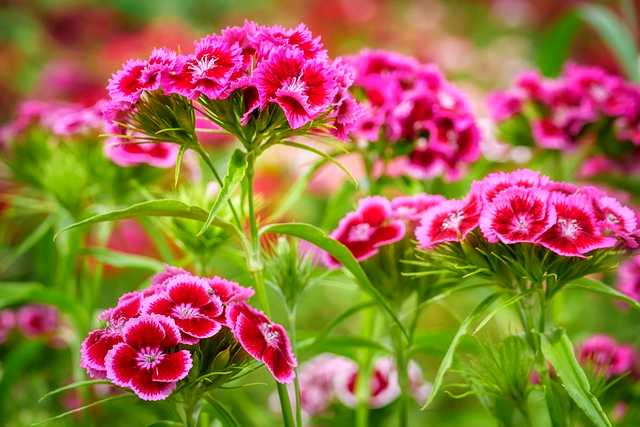
Temperature Tolerance: Sweet William is a hardy flower that can withstand winter conditions.
Planting Dates: You can plant seeds in January in southern Alabama, whereas northern areas should consider indoor sowing first.
Stock
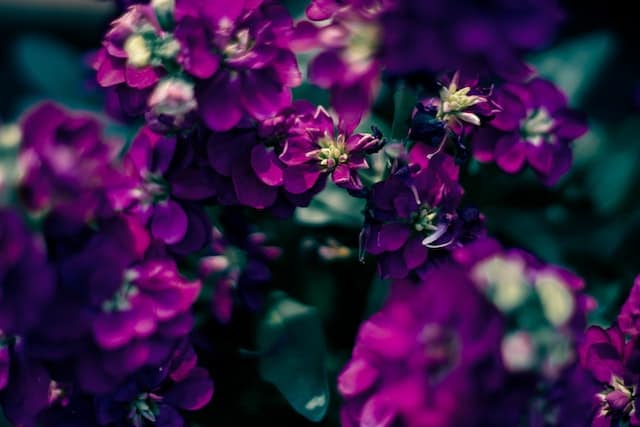
Temperature Tolerance: Stock thrives in cool weather and can withstand light frosts, which can enhance its fragrance.
Planting Dates: Direct sow in southern Alabama; start indoors in northern areas for later transplantation.
Dianthus
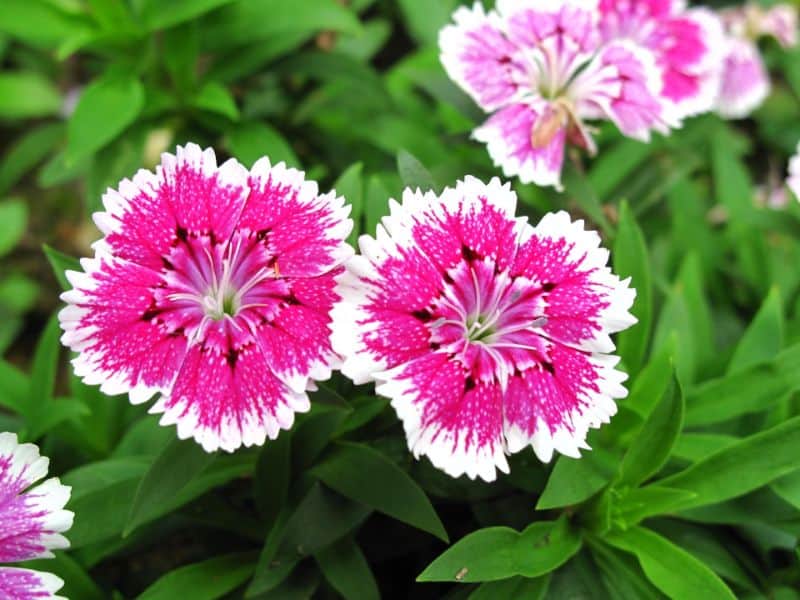
Temperature Tolerance: Dianthus can tolerate colder temperatures and is a great winter flower.
Planting Dates: Sow in January and enjoy blooms as the weather warms up.
Calendula
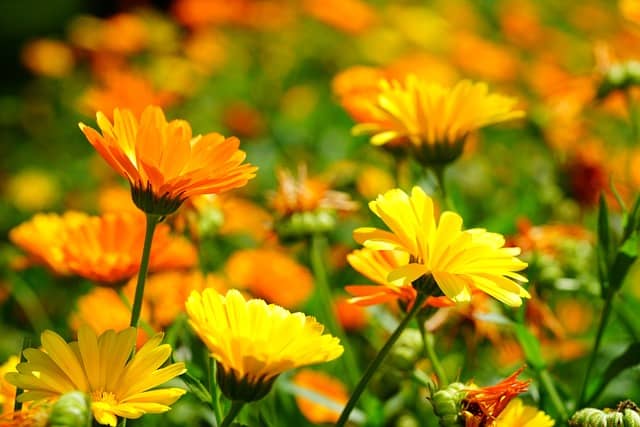
Temperature Tolerance: Calendula is very resilient and can survive frost.
Planting Dates: This flower can be sown directly into the soil in all regions of Alabama in January.
Sweet Peas
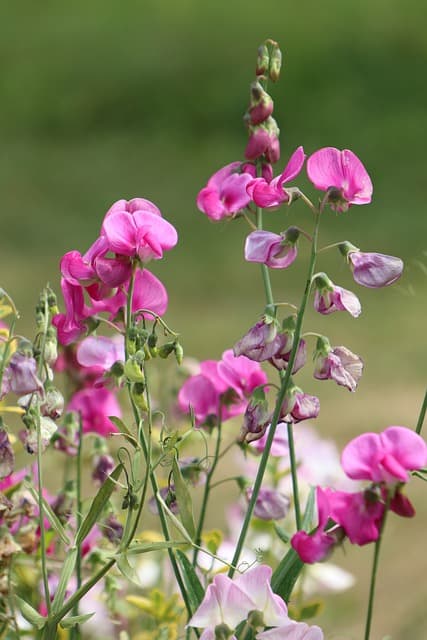
Temperature Tolerance: Sweet peas can tolerate light frost and prefer cooler growing conditions.
Planting Dates: In southern Alabama, sow seeds directly into the garden; northern gardeners should start indoors.
Larkspur
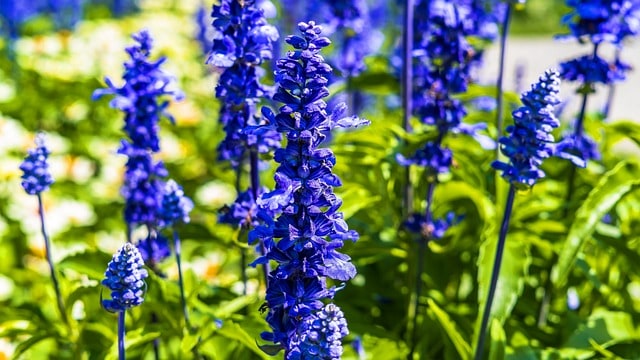
Temperature Tolerance: Larkspur is cold hardy and can endure winter temperatures.
Planting Dates: Sow seeds in January and welcome the vibrant blooms by early spring.
Herbs To Plant In January
Herbs are an essential part of many gardens, and fortunately, January provides opportunities to plant various herbaceous delights in Alabama. Here are ten herbs that can be planted:
Chives
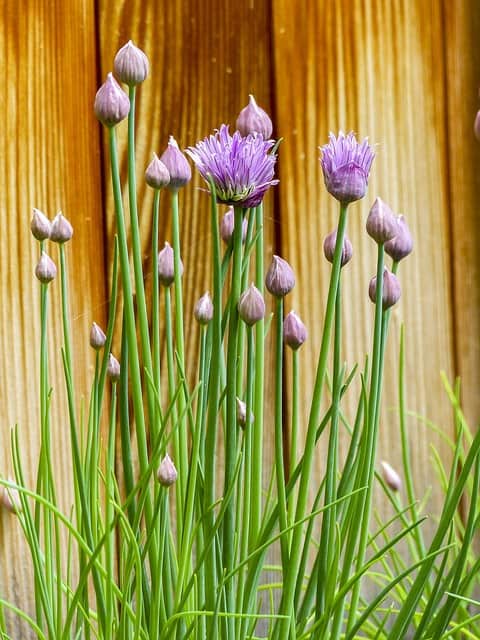
Temperature Tolerance: Chives are very hardy and can withstand frost.
Planting Dates: January is suitable for sowing seeds directly in all regions of Alabama, allowing for an early spring harvest.
Parsley
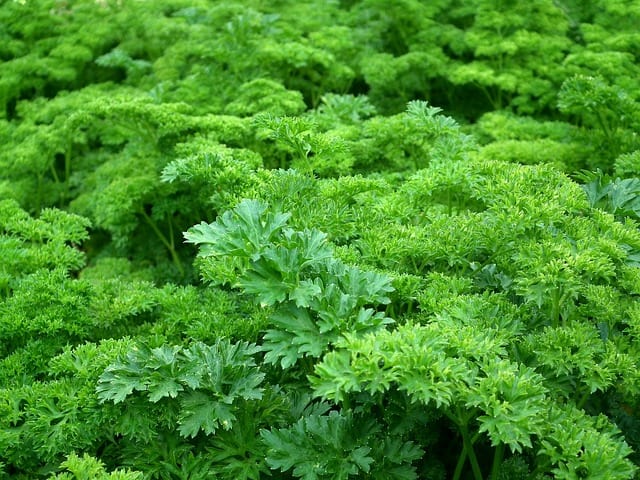
Temperature Tolerance: Parsley is quite resilient and can tolerate cold weather.
Planting Dates: Sow seeds in January across the state, where they will germinate once temperatures warm.
Cilantro
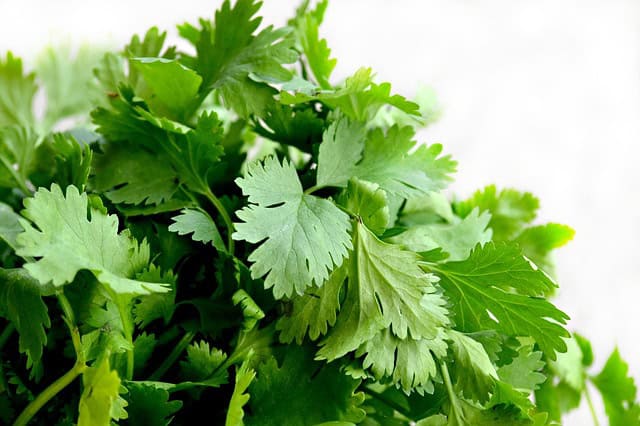
Temperature Tolerance: Cilantro enjoys cooler temperatures and can handle light frosts.
Planting Dates: It can be directly sown in soil in southern Alabama. Northern gardeners may wait until late in January or early February.
Thyme
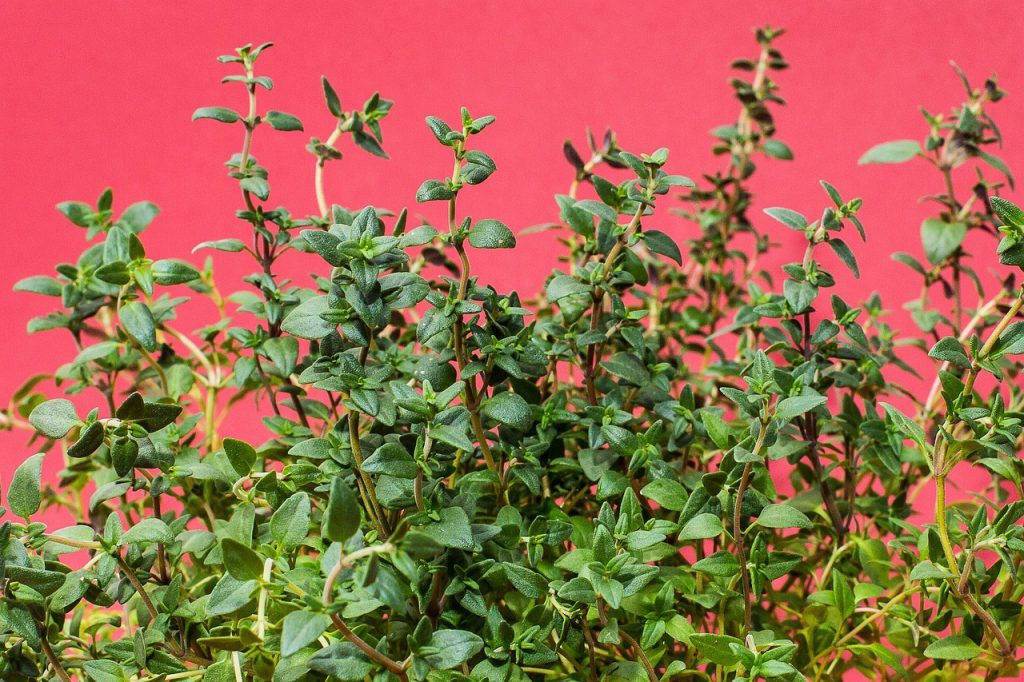
Temperature Tolerance: Thyme is a hardy herb that can survive chilly weather.
Planting Dates: January is an excellent time to transplant thyme or start seeds indoors for later transplanting in northern regions.
Oregano
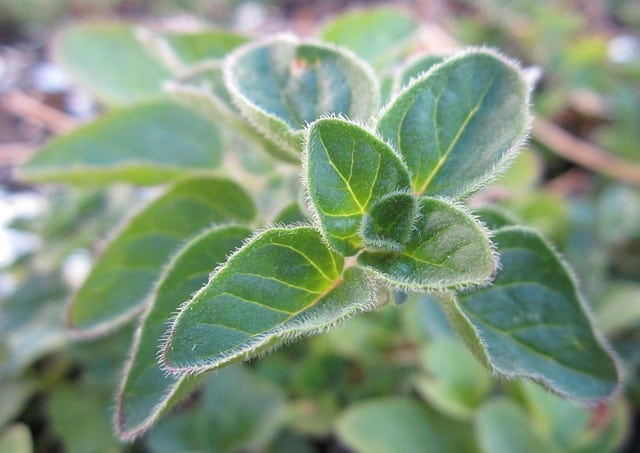
Temperature Tolerance: Oregano is cold tolerant and can survive winter conditions.
Planting Dates: Sow directly in southern Alabama or start indoors in cooler northern areas.
Sage
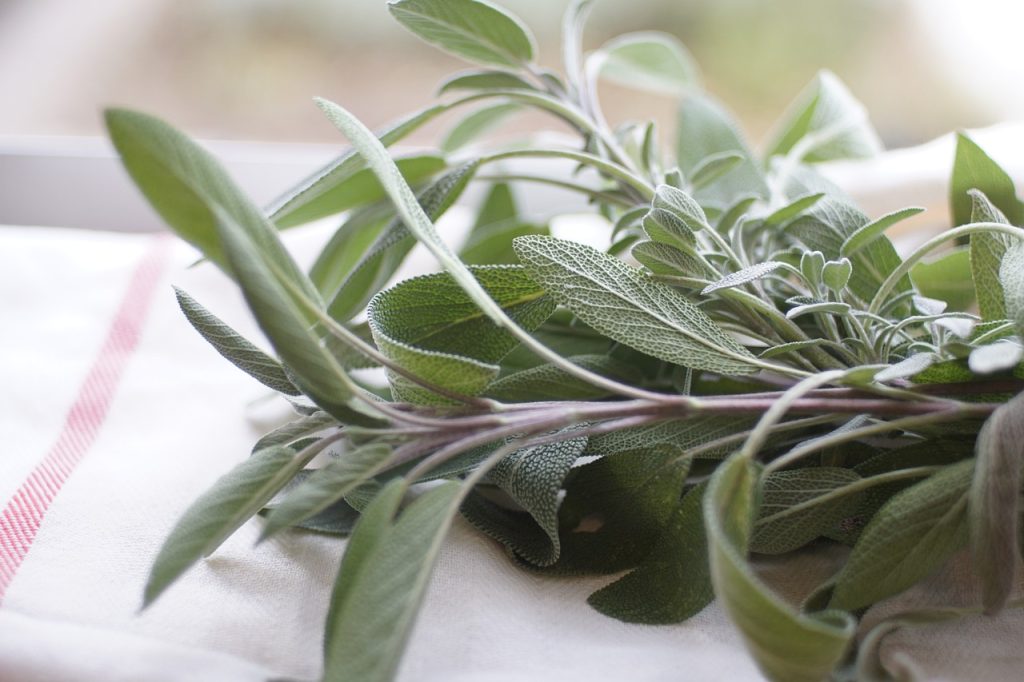
Temperature Tolerance: Sage can endure frost and prefers cooler growing conditions.
Planting Dates: Direct sow in southern Alabama; consider starting seeds indoors in the northern zones.
Dill
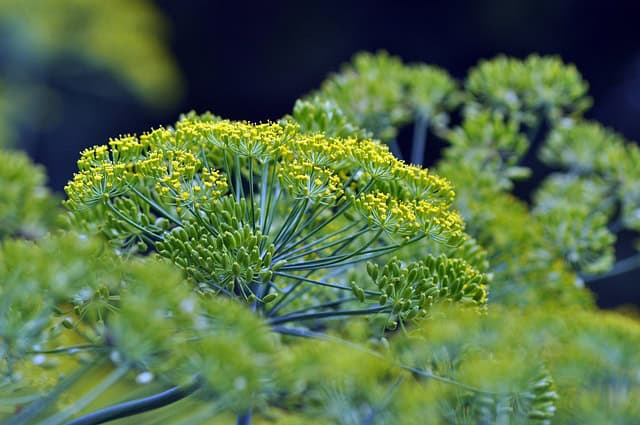
Temperature Tolerance: Dill can withstand light frosts and flourishes with cooler temperatures.
Planting Dates: Direct sow seeds in southern Alabama but wait until late January in northern areas for best results.
Fennel
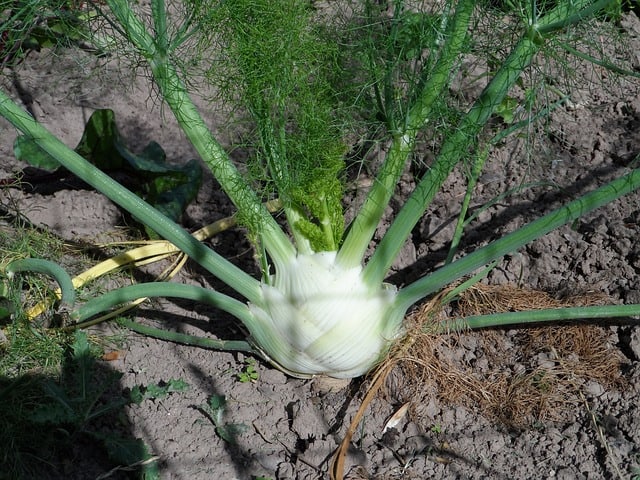
Temperature Tolerance: Fennel is fairly robust in cooler conditions but does prefer a milder climate.
Planting Dates: Plant fennel seeds in southern Alabama’s warm soil in January. For northern regions, it’s better to start indoors.
Mint
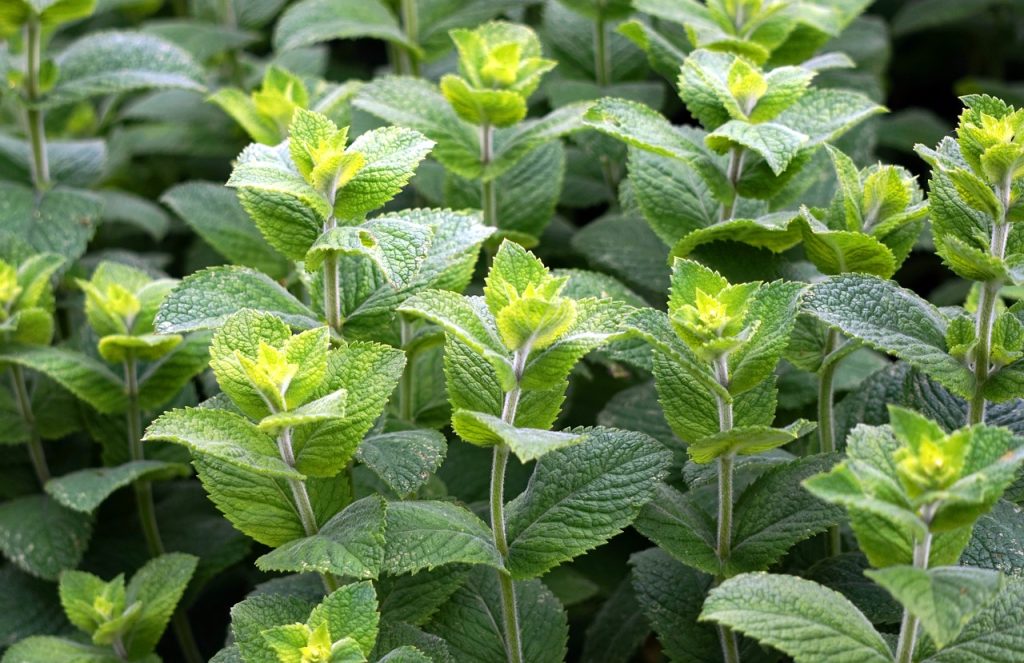
Temperature Tolerance: Mint is hardy and can survive cold temperatures.
Planting Dates: This perennial herb can be planted in pots in all Alabama regions, allowing for flavorful brewing and garnishing.
Lovage
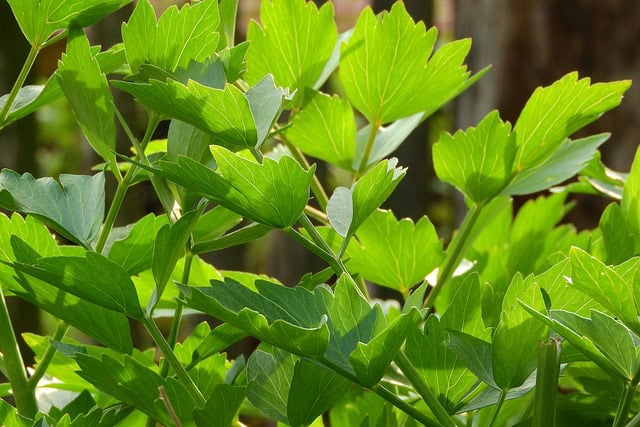
Temperature Tolerance: Lovage can tolerate temperatures down to frost levels and thrives in colder weather.
Planting Dates: Sow seeds in January in southern Alabama; in northern areas, consider starting indoors.
Landscape Plants To Plant In January
If you’re looking to enhance your landscape, January is a perfect time to consider some hardy plants that can thrive and beautify your garden. Here are ten landscape plants to think about for planting in January:
Dormant Fruit Trees
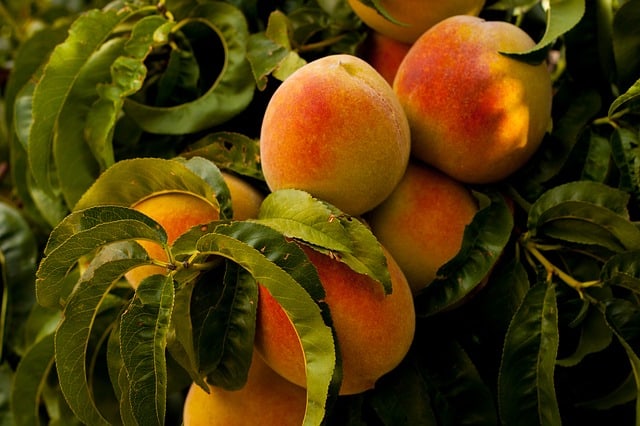
Temperature Tolerance: Most fruit trees are hardy and can survive winter dormancy.
Planting Dates: Late January is perfect for planting bare root apple, pear, and peach trees in all regions of Alabama.
Perennial Hellebores
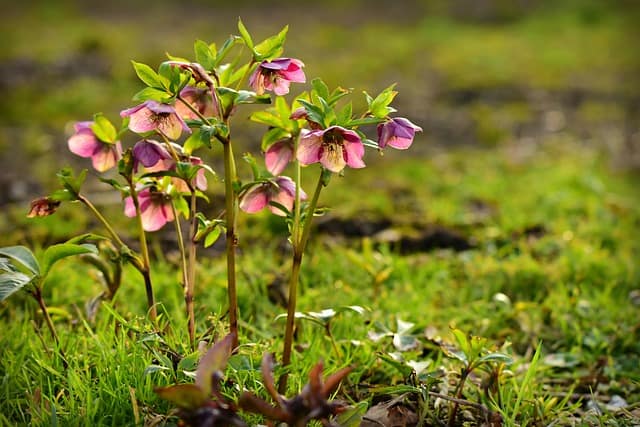
Temperature Tolerance: Hellebores are extremely hardy and can thrive in frost and snow.
Planting Dates: January is an excellent month to plant these in shady garden spots throughout Alabama.
Azaleas
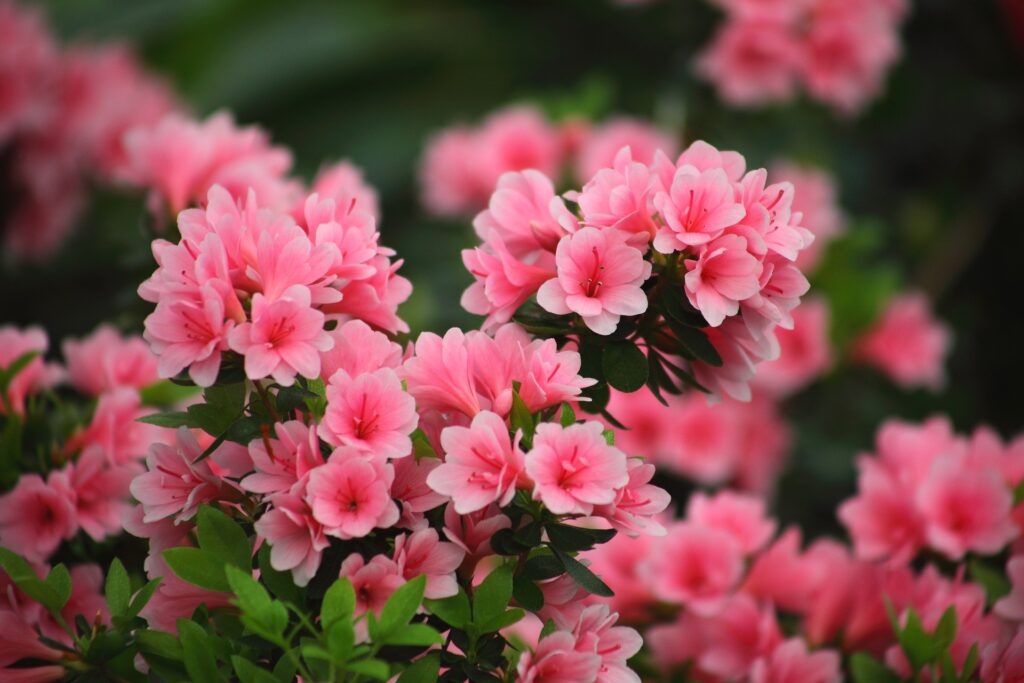
Temperature Tolerance: Azaleas are hardy to moderate frost conditions.
Planting Dates: Select southern Alabama for planting your azaleas in January.
Camellias
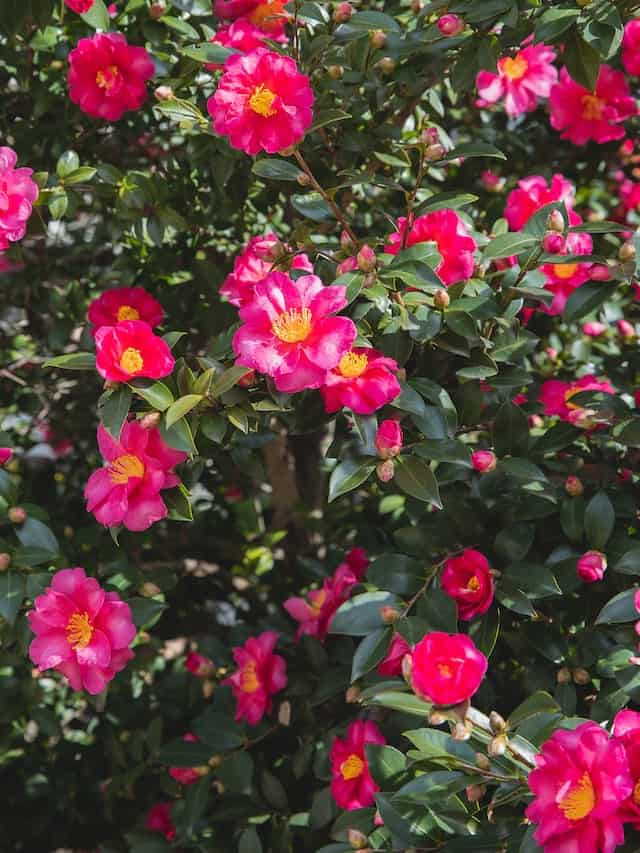
Temperature Tolerance: Camellias are frost tolerant and thrive even in cooler temperatures.
Planting Dates: Plant in shaded locations during January in southern and central regions.
Blueberry Bushes
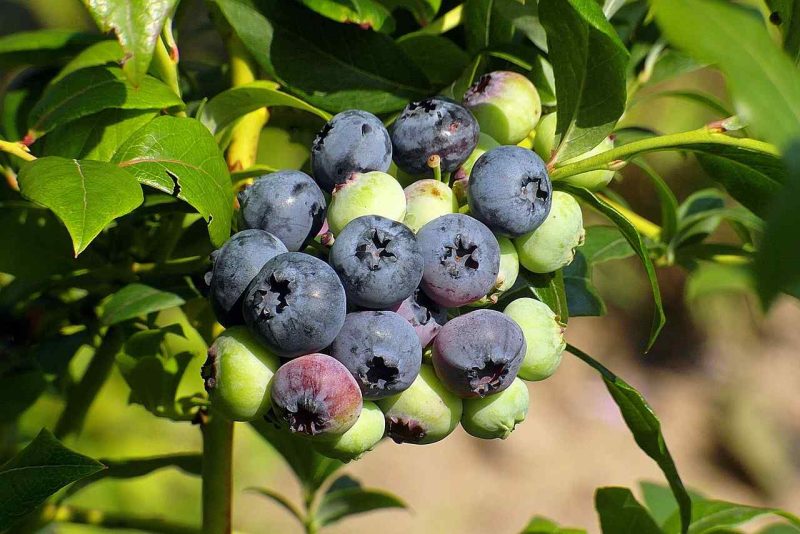
Temperature Tolerance: Blueberries can withstand some frost and are quite hardy.
Planting Dates: This is a good month for planting blueberry bushes in all areas of Alabama.
Japanese Maple
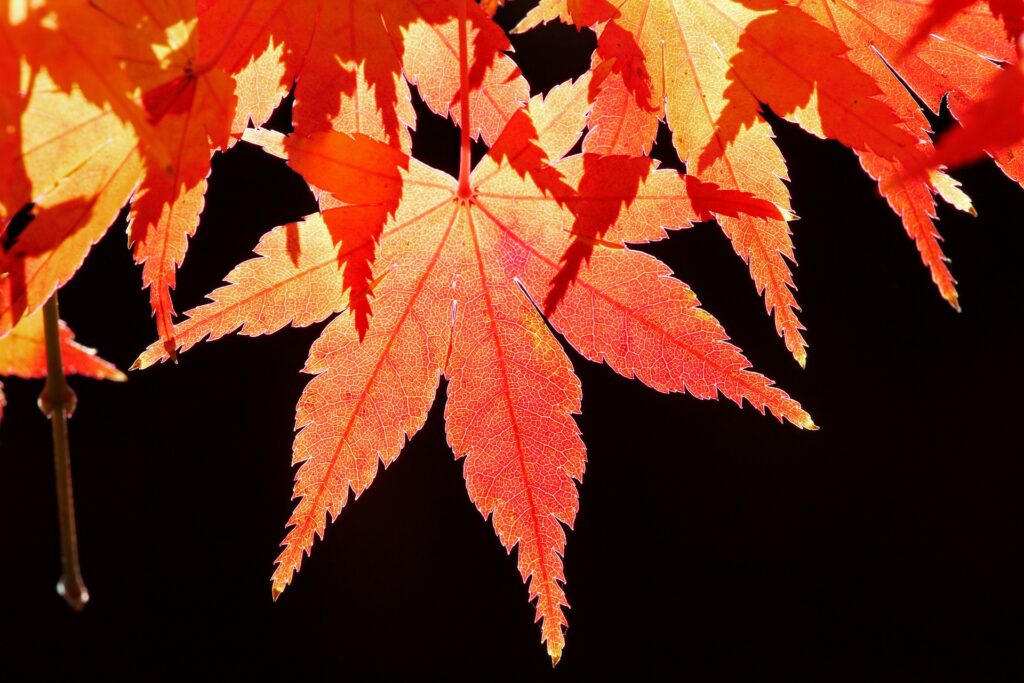
Temperature Tolerance: Japanese maples are hardy through winter and can handle frost conditions.
Planting Dates: Late January is ideal for planting these lovely trees in slightly warmer southern areas.
Ornamental Grasses
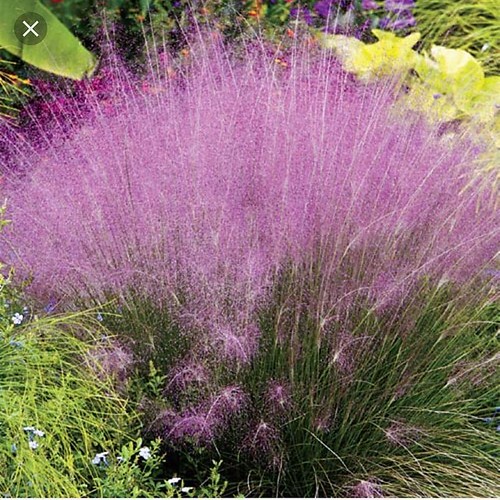
Temperature Tolerance: Many ornamental grasses are hardy and can withstand cold.
Planting Dates: January is suitable for planting these in southern Alabama where they will establish before warmer seasons.
Cold Hardy Cyclamen
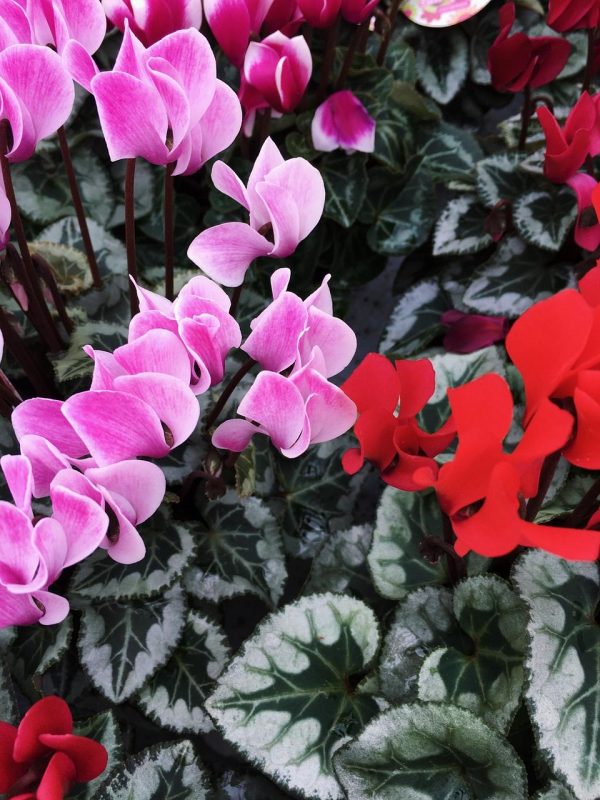
Temperature Tolerance: Cyclamen can tolerate frost and low temperatures.
Planting Dates: They can be planted in northern and southern Alabama in January.
Perennial Snowdrops
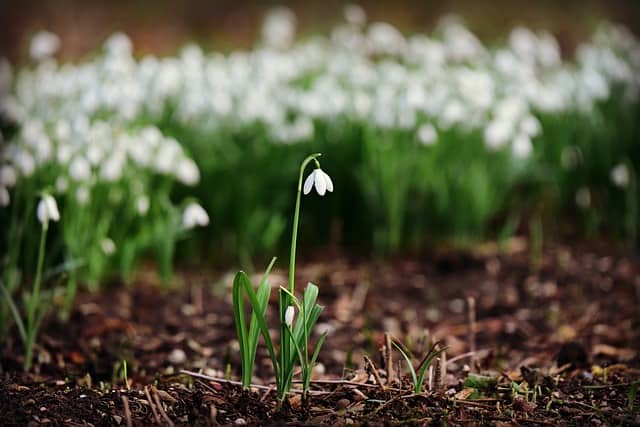
Temperature Tolerance: Snowdrops are hardy plants that can thrive in harsh winter conditions.
Planting Dates: January is perfect for planting these early bloomers in the garden across Alabama.
Evergreen Shrubs
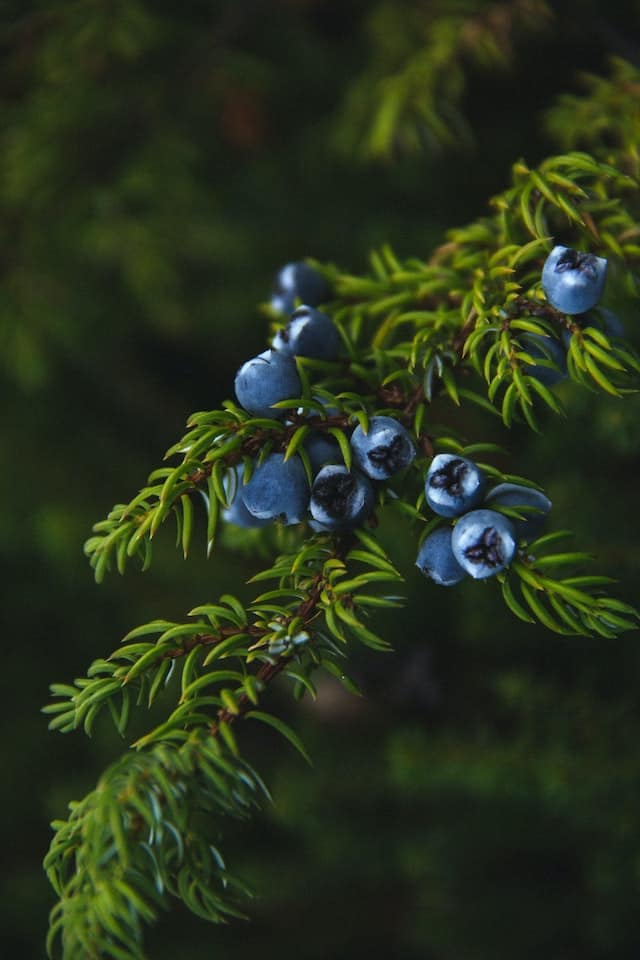
Temperature Tolerance: Many evergreen shrubs can withstand cold weather well.
Planting Dates: January planting is suitable across all regions for varieties like boxwood, holly, and juniper.
FAQ
Are there any risks to planting in January in Alabama?
Yes, planting too early can expose young plants to a sudden frost if temperatures drop unexpectedly. It’s crucial to check local weather predictions and the specific hardiness zone for your area.
Which USDA zone does Alabama cover?
Alabama spans USDA hardiness zones 7a to 8b, meaning the range of plants that will thrive can vary widely across the state.
Can I start a vegetable garden in January?
Absolutely! January is a great month to start cold-tolerant vegetables. However, be mindful of regional differences in hardiness and frost risk.
What should I do if I missed the January planting window?
If you miss January, don’t worry! Many of the vegetables, herbs, and flowers can be planted in the following months as temperatures rise.
How can I protect seedlings from frost?
Using cloches, row covers, or even simple plastic sheets can help shield young plants from frost while still allowing for sunlight.
Should all plants be started indoors if it’s cold outside?
Not all plants need to be started indoors. Many cold-tolerant vegetables and flowers can be directly sown into the ground in suitable climates.
What is the best way to prepare my garden soil for planting in January?
Testing the soil pH and adding compost or other organic materials can enhance soil structure and fertility, setting a strong foundation for your winter planting.
January in Alabama doesn’t signify an end to gardening opportunities; it represents a unique chance to nurture and cultivate a diverse range of plants that can thrive in cool conditions. With the right choices and preparations, you can set the stage for a blooming paradise come spring. Embrace the joys of winter gardening!


